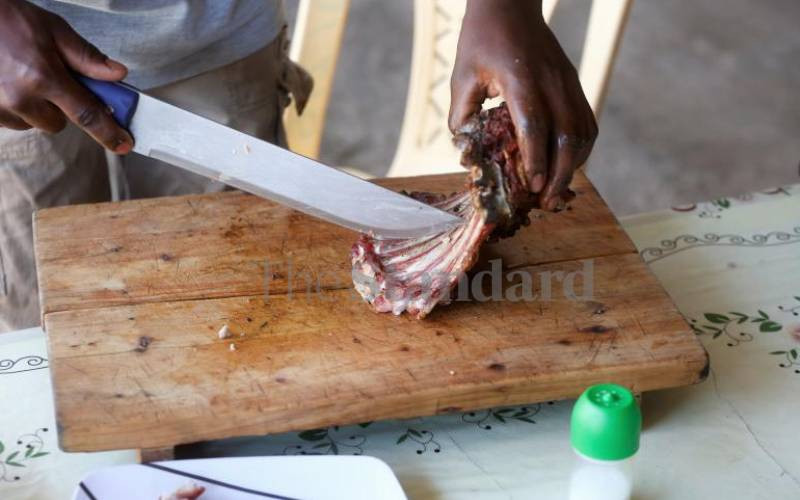×
The Standard e-Paper
Fearless, Trusted News

Kenyans have been repeatedly confronted with reports of suspects apprehended while transporting donkey meat to the market.
In December 2023, for instance, 10 suspects were arrested in Makueni for unlawfully slaughtering 15 donkeys and attempting to transport the meat to Nairobi.







